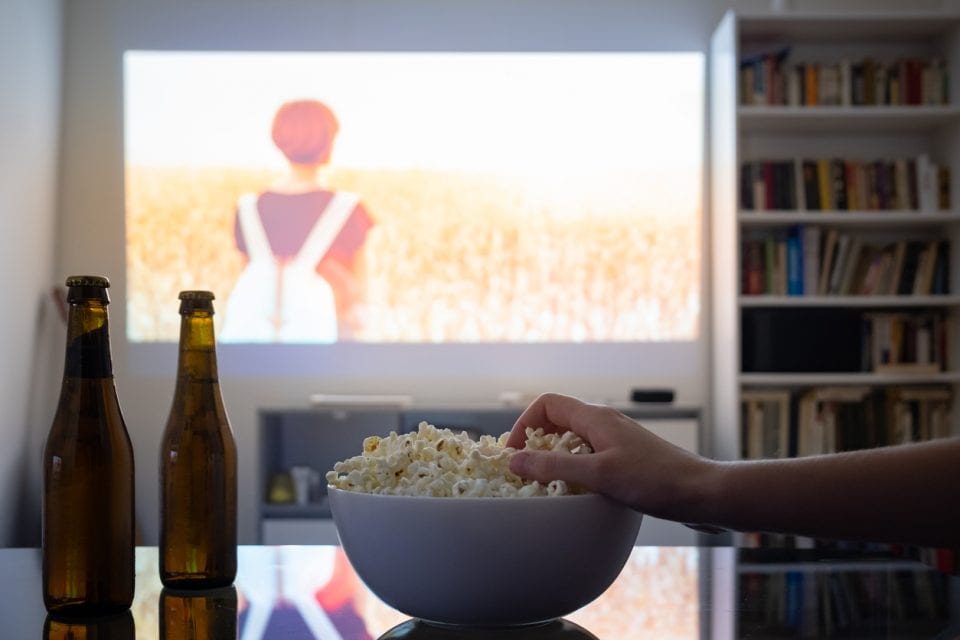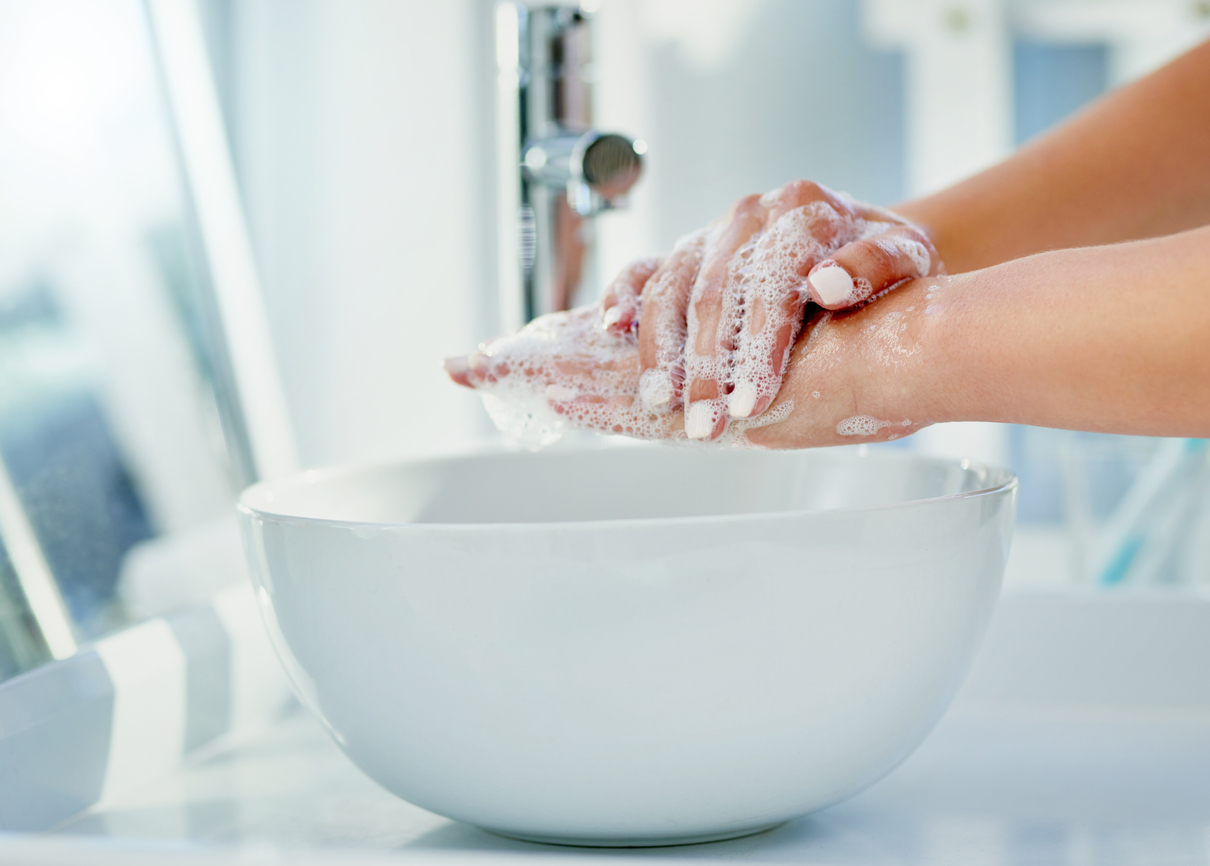
Lockdown blues send tech, porn addicts on binge-watch spree again

Lockdown has been widely accepted as an effective method to enforce social distancing and stop the rapid spread of coronavirus, but it has also birthed unexpected consequences like increased addiction to technology including pornography.
Sample this case: A 32-year-old IT professional was diagnosed with a mild case of tech addiction a few months prior to the lockdown. He reached out to psychologists at National Institute of Mental Health and Neuro Sciences (NIMHANS), India’s premier mental health institute, who helped him bring down his web browsing hours to three per day.
The ongoing lockdown, however, has wreaked havoc in his rehabilitation process. His addiction has relapsed and he has gone back to spending seven hours of a day watching Netflix, Amazon Prime or video-calling his friends.
Relapse of addiction
Another 23-year-old in Bengaluru is struggling with porn addiction. Earlier, he had sought professional help and brought down his porn watching time to around two hours from seven earlier. Now, with tons of time in hand, boredom and an unstructured day, he has gone back to watching porn almost like before.
Such examples show the complex nature of challenges that mental health professionals are currently dealing with.
Related news: A mail turns all plates into banana leaves in Mahindra factories
Dr Manoj Sharma who runs the SHUT (Service for Healthy Use of Technology) Clinic at NIMHANS, says 50-60 per cent of his patients who were being treated for technology addiction have reported substantial increase in technology usage because of the lockdown, throwing treatment schedules off track.
“When we got connected to our patients, many of them reported a proportionate increase in internet use. On a scale of 0-10, they are rating their usage at 7-8, which they also found was high in day-to-day patterns,” said Dr Sharma.
Apart from using technology for work related activities like video calls, many of his patients admit to indulging in binge watching shows on streaming platforms like Netflix and Amazon Prime. “Viewing more than three episodes or 120 minutes of television qualifies as binge watching. But most of the patients say the time is too short and that they usually exceed the 120 minutes,” he said.
Repercussions and stress on caregivers
The negative impact of this changed behaviour is already evident. Dr Sharma says caregivers of these patients have reported an increase in anger and irritability threshold.
“They get angry and irritated very easily. The change in their mood is making it stressful for their caregivers to handle them, especially when the options are very limited. Patients on the other hand are not seeing it as an issue. They are comfortable saying that ‘this is the only way I can spend time’.”
“But people around them are concerned, there is more preoccupation with screen use and more resistance on the part of the user not to engage in any kind of offline activity whether its communication or family time,” Dr Sharma added.
Dr Sharma says that caregivers also need to use relaxation techniques to de-stress themselves, otherwise they too risk losing their temper, leading to an unpleasant environment in households.
Related news: In quarantine, the real challenge is combating anxiety
Experts say, tech addicts should instead deal with their addition during lockdown in the following ways:
- Question yourself – Am I using too much technology?
- Consciously schedule offline and family activity
- Before going to bed, assess your tech usage for the day and ask yourself – Have I used too much?
Too much information toxic
Information overload is another challenge that mental health professionals are dealing with during the pandemic. They are witnessing an increase in anxiety because of excessive information consumption.
According to data released by Broadcast Audience Research Council (BARC) and Nielsen, non-primetime news viewership has jumped by 344 per cent between March 20 and 27 in the country, while time spent on news apps has seen a 45 per cent jump.
Experts suggest that people, especially with existing mental health conditions cut down on information consumption. “Once we have accurate information, whatever the government and media is saying, we can make it a rule to check once in the morning and once in the night, rather than exposing oneself to information the whole day. That’s a strategy people can use. They also have to exercise and use relaxation techniques to reduce the psychological impact of excessive information,” said Dr Sharma.
Anxiety, OCD and lockdown
The lockdown has also impacted people with existing mental health conditions like anxiety. This is compounded by negative news from around the world. Questions about job losses and a bleak future have only worsened the problem, making it difficult for many to sit at home.

“Acceptability for being at home and acceptability for being in isolation have not come about. Since we have not accepted it yet or have looked at its benefits, it is creating anxiety in people’s minds. They need to be told that all of us are at risk if we don’t accept the situation we are in. If we reinforce this in an anxious patient, they will feel reassured that everybody is in this and it is not just them. Because once they start feeling singled out, the anxiety increases,” says Dr Sharma.
For some patients with an already obsessive compulsive disorder (OCD) manifested by frequent washing of hands and the fear of contamination, the constant message during the pandemic now to wash hands or fear of infection on common surfaces have acted as a trigger to spiral their anxiety .
“As a person who spent years overcoming OCD for compulsive hand washing, this virus has sent me right back into full on OCD. Thanks again COVID-19. The gift that keeps on giving,” posted one user on Twitter.
As a person who spent years overcoming OCD for compulsive hand washing, this virus has sent me right back into full on OCD. Thanks again COVID-19. The gift that keeps on giving. pic.twitter.com/zcqc7QbRW0
— Big B❕tch Energy??☕? (@caffeinecornett) April 3, 2020
“This is a tough time for us OCDers. For those who have been through contamination #OCD, the response to #COVID19 feels like watching our brains being flipped inside out. It’s weird seeing people act in ways (repeated sanitizer, fear of touching stuff) we associate with being ill,” tweeted another.
This is a tough time for us OCDers. For those who have been through contamination #OCD, the response to #COVID19 feels like watching our brains being flipped inside out. It’s weird seeing people act in ways (repeated sanitizer, fear of touching stuff) we associate with being ill.
— Lily Bailey (@LilyBaileyUK) March 12, 2020
“With most OCD patients the underlying reason is anxiety. If they have anxiety for contamination they will have a higher urge to wash hands among other compulsive activities. But when we work with OCD patients, we work with a bio-psycho-social approach. We explain what are the biological reasons for their fear, what are the psychological and social reasons. We also tell them how to cut down on this behaviour. I think these patients should also get good information in the form of flyers and online counselling,” advised Dr Sharma.
Related news: Counsellors reach out to the quarantined to alleviate fears
(Recognise mental health and psychological issues in people around you, say doctors. Be supportive, if the condition continues contact NIMHANS’ Pan-India helpline 080- 46110007)


